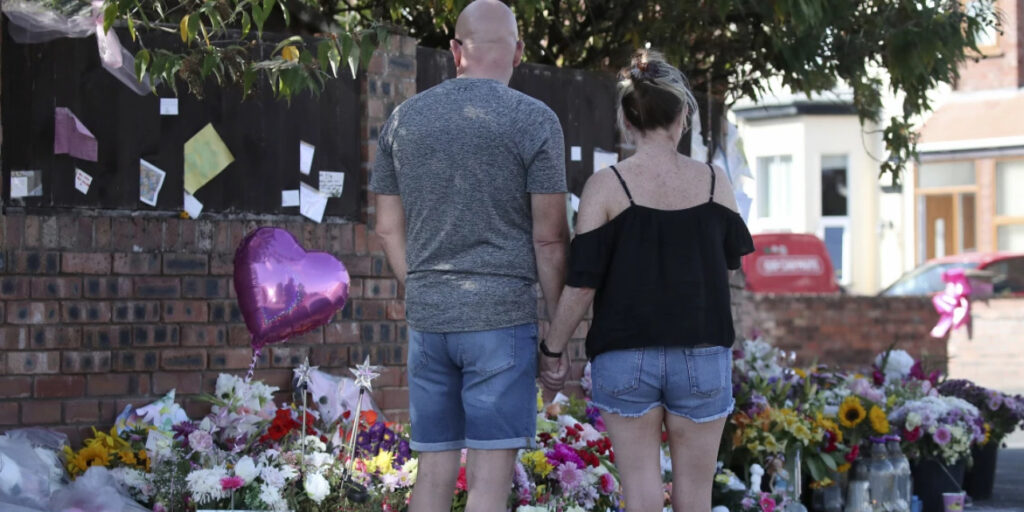Outdated criminal justice laws are to blame for allowing UK anti-immigrant violence and misinformation to spread unchecked in the wake of last summer’s Southport tragedy, according to a new report by Parliament’s Home Affairs Committee.
The committee’s investigation found that long-standing restrictions on public communication during criminal investigations created an “information vacuum” that enabled far-right groups and bad actors to spread false claims across social media. These claims contributed to violent anti-immigrant riots — the worst street violence in Britain since 2011.
The violence erupted after the stabbing deaths of three children at a Taylor Swift-themed dance party in Southport in July. False reports circulating online falsely claimed the attacker was a newly arrived Muslim migrant. In reality, the perpetrator was Axel Rudakubana, a 17-year-old British-born son of Rwandan Christian parents.
Disinformation Spread Rapidly Amid Police Silence
Rudakubana fatally stabbed Alice Da Silva Aguiar, 9, Elsie Dot Stancombe, 7, and Bebe King, 6, while injuring ten others. He has since been sentenced to life in prison, with no chance of parole for 52 years. However, due to legal protections for underage suspects, police were unable to publicly name him for several days — a delay that far-right activists exploited online.
One tweet, falsely identifying the attacker, went viral, garnering thousands of retweets and millions of views before any official correction was issued. Even when police did respond, they confirmed the inaccuracy without naming the attacker, allowing disinformation to continue spreading.
Lawmakers Urge Reform for the Digital Age
Conservative MP Karen Bradley, chair of the Home Affairs Committee, said that outdated legal frameworks had left authorities powerless in the face of fast-moving digital misinformation. “By failing to disclose information to the public, false claims filled the gap and flourished online, further undermining confidence in the police and public authorities,” she said.
The committee called for urgent reform to contempt-of-court laws and underage suspect protections, arguing that the criminal justice system must adapt to a digital age dominated by real-time news and social media virality.
Government Response and Inquiry Launched
The government agreed that “social media has put well-established principles around post-attack communication under strain” and confirmed that the Law Commission has been tasked with reviewing current contempt of court laws. A separate public inquiry is also underway to examine how authorities failed to prevent the attack, given that Rudakubana had previously been reported for violent obsessions.
Lawmakers also stressed that more than 1,000 individuals have been charged over the violence that followed the stabbings, with 69 police officers hospitalised as a result. The committee found no evidence of so-called “two-tier policing,” rejecting claims that right-wing protesters were treated more harshly than Black Lives Matter or climate change activists.
“Those arrested were not targeted for their political views, but because they were throwing missiles, assaulting officers, and committing arson,” the report stated. “It is disgraceful that officers facing extreme violence were further undermined by false narratives.”
Call for National Social Media Monitoring Support
The report also recommended stronger government support for national-level social media monitoring. Police agencies, the committee found, were overwhelmed by the sheer volume of online content, which enabled falsehoods to thrive while accurate information lagged behind.


